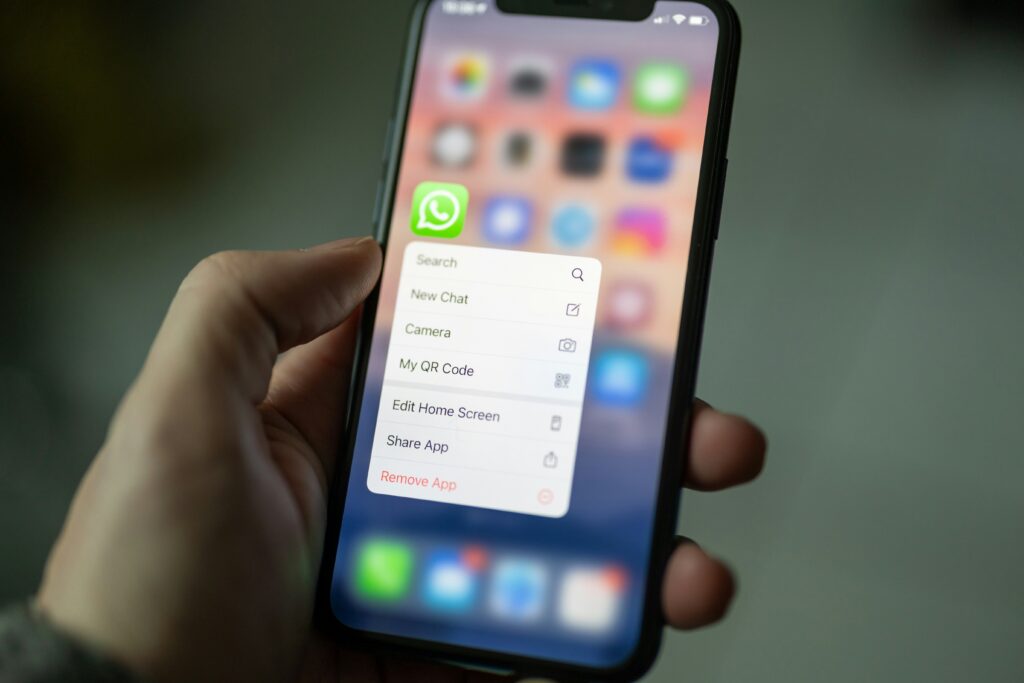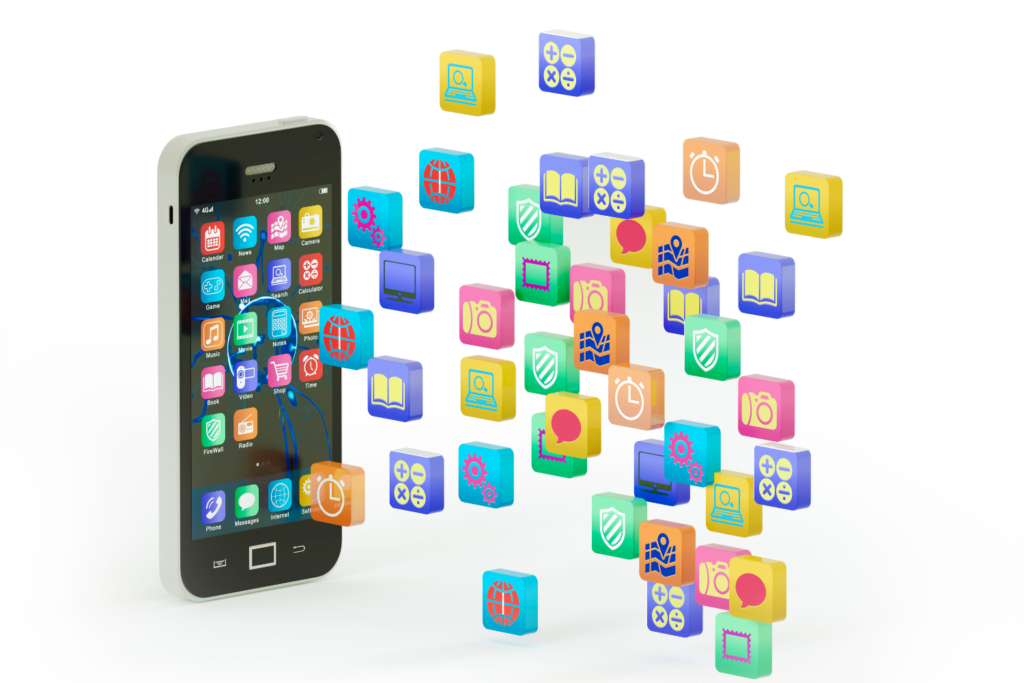Relocating for college, whether to another city or country, introduces many exciting challenges and opportunities. As you navigate this significant change, reliable information about college life can help you out a lot. Using technology to stay connected helps bridge the gap between old friends and new environments, ensuring you never feel too far from home.
In this post:
- Why Is It Important To Stay Connected?
- Make Time to Focus On Important Connections
- Communication Tools: Beyond Texts and Calls
- Use Social Media For Building and Maintaining Connections
- Collaborative Study Tools
- Virtual Reality and Augmented Reality Is The Future of Social Interaction
- Blogs and Personal Websites
- Local Meetups and Online Events
- Safety and Privacy Considerations
- Using Technology to Stay Connected Is A Great Way To Keep Up With Important People In Your Life
Why Is It Important To Stay Connected?
Staying connected after moving to college is important for several reasons. It helps combat the homesickness that often surfaces during the early days of college life. Regular contact with family and friends provides emotional support and a sense of continuity amidst new surroundings. If you don’t maintain these connections, you might feel isolated and overwhelmed, which can negatively impact your mental well-being and academic performance. Keeping in touch helps smooth the transition to college life, ensuring you have a solid support network to rely on as you navigate this new chapter.

Make Time to Focus On Important Connections
When moving to college, especially overseas to countries like Japan, managing your relocation’s logistics can be overwhelming, potentially overshadowing the important task of maintaining connections with family and friends. That is where choosing the right moving service makes a significant difference. Kokusai Express Moving understands the importance of a smooth transition. They handle the complexities of moving, whether locally, long distance, or internationally, allowing you to focus on settling into your new life in Japan and keeping in touch with loved ones. Their comprehensive services, from packing and shipping to storage and customs clearance, ensure that every detail is managed efficiently and professionally. With their expertise and commitment to customer satisfaction, you can trust that your move to Japan will be seamless, letting you concentrate on what truly matters—staying connected with your support network and thriving in your new college environment.
Communication Tools: Beyond Texts and Calls
Today, staying in touch goes well beyond the basics of texting and calling. Apps like WhatsApp, Zoom, and Discord have become essential. For instance, Zoom isn’t just for classroom meetings; it’s perfect for weekly catch-ups with friends. Also, Discord offers community features that allow you to join or create ‘servers’ dedicated to specific interests or groups. That means you can keep in touch with your gaming buddies, book club, or hometown friends all in one place.
Use Social Media For Building and Maintaining Connections
On top of direct messaging, social media platforms like Facebook, Instagram, and Snapchat play an important role in keeping connections alive. Instagram stories or Facebook updates provide snapshots of daily life that help you keep up with friends effortlessly. Creating private groups or channels can also be a fantastic way to share news and special moments with closer circles, ensuring you all stay in the loop regardless of where life takes you.
Collaborative Study Tools
Transitioning to college work can be intimidating, but technology eases the process significantly. Tools like Google Workspace, Microsoft Teams, and Notion enable you to work on projects with classmates in real time, no matter where everyone is located. Beyond simple convenience, these platforms offer extensive networking opportunities in college. Engaging in shared projects bolsters your grades and builds lasting professional relationships that could shape your career.

Virtual Reality and Augmented Reality Is The Future of Social Interaction
Virtual Reality (VR) and Augmented Reality (AR) are quickly changing how we use free college resources. These tools create immersive experiences that replicate being physically together. For example, VR platforms like Oculus Rift allow you to attend virtual classrooms, meet with study groups, or even watch movies with friends as if you were sitting beside each other. Similarly, AR can overlay digital information in the real world, allowing the sharing of real-time data and visuals during study sessions or projects.
Blogs and Personal Websites
Starting a personal blog or website can be a powerful way to share your college experiences. Not only does this keep your family and friends updated, but it also allows you to connect with others going through similar experiences. Here are a few reasons why blogging is beneficial:
- Documenting Growth: You can track your personal and academic growth throughout college.
- Engagement: Receive support and feedback from readers, which can be incredibly encouraging.
- Skill Building: Improve your writing and digital communication skills, useful in almost any career.
Local Meetups and Online Events
Moreover, exploring local meetups and online events can significantly enrich your college life. Platforms like Meetup or Eventbrite make finding events that match your interests easy, helping you meet new people in your area. That is particularly handy when you’re looking to balance traveling home from college with making new local connections. Engaging in community events enhances your social life and expands your professional network.
Safety and Privacy Considerations
While using technology to stay connected is invaluable, carefully considering safety and privacy is crucial. Always be vigilant about the personal information you share online. Use privacy settings on social media and communication platforms to control who can view your information. Be aware of phishing scams and secure your accounts with strong, unique passwords.
Additionally, consider enabling two-factor authentication (2FA) for an extra layer of security, which requires not just a password but also a second piece of information only you can access. Be cautious about clicking on links from unknown sources, which can lead to malicious sites or malware infections. Regularly updating your software ensures you have the latest security patches, protecting against new vulnerabilities. By taking these steps, you can safeguard your personal information and enjoy a secure online experience while staying connected.

Using Technology to Stay Connected Is A Great Way To Keep Up With Important People In Your Life
In conclusion, using technology to stay connected after relocating for college can transform your experience and ensure you maintain strong relationships with old and new friends. Technology offers numerous ways to stay engaged and integrated in your social circles. Keep exploring these technologies, and you’ll be more connected than ever.
KW: using technology to stay connected
Meta Description: Discover innovative ways of using technology to stay connected after relocating for college. Boost your social ties through tech!




